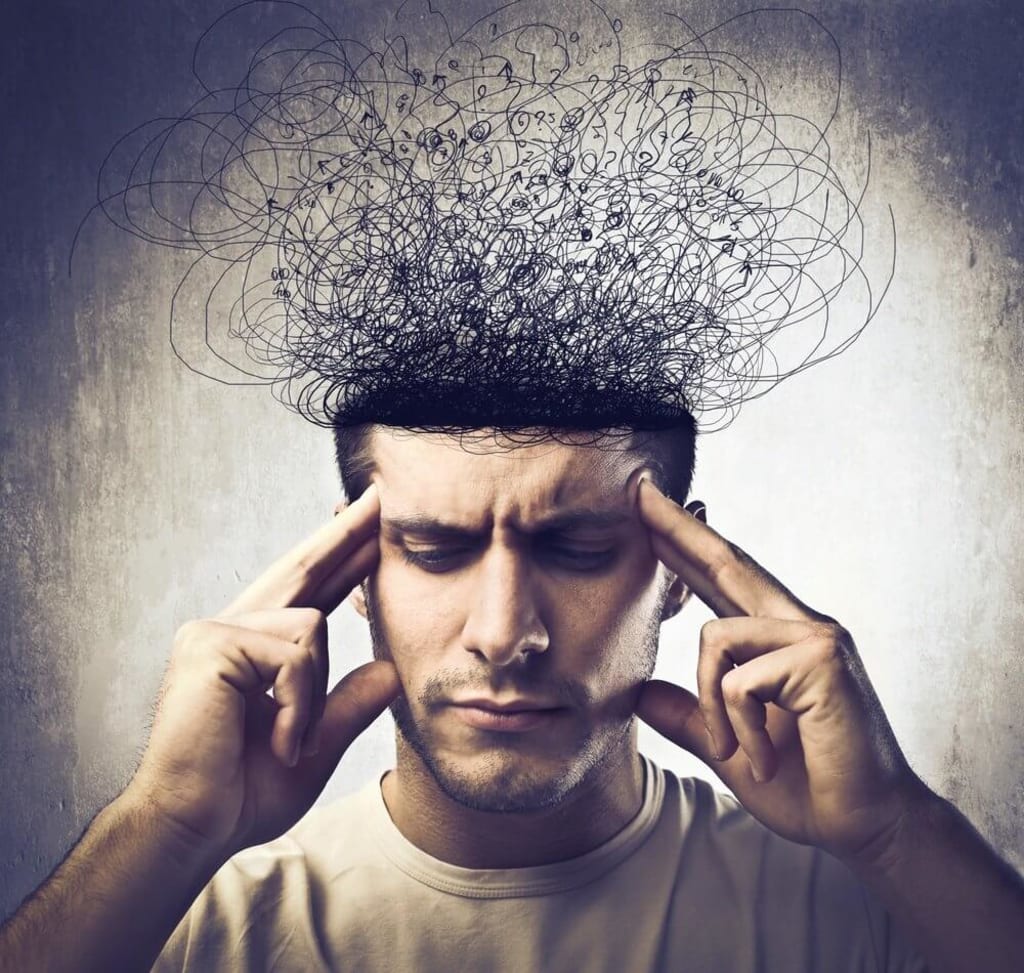Unlocking the Secrets of the Human Mind: Exploring the Mysteries of Consciousness, Perception, and Memory.
A Journey through the Evolution of our Understanding of the Human Mind.

5 / 5
The human mind is a fascinating and complex subject that has captivated philosophers, scientists, and artists for centuries. Over the years, our understanding of the mind has evolved from philosophical speculation to empirical investigation, leading to significant progress in our knowledge of the brain and its functions. In this essay, we will explore some of the most fascinating aspects of human cognition, including consciousness, perception, and memory, and examine how our understanding of these phenomena has developed over time.
Consciousness is perhaps the most enigmatic aspect of the human mind. It refers to our subjective awareness of the world around us and our internal thoughts and emotions. The ancient Greeks were among the first to speculate on the nature of consciousness, with philosophers such as Aristotle and Plato positing that it was an essential component of the soul. However, it was not until the development of modern neuroscience that we began to gain a deeper understanding of the neural mechanisms that underlie consciousness.
In the 20th century, the study of consciousness underwent a revolution with the advent of neuroimaging technologies such as magnetic resonance imaging (MRI) and positron emission tomography (PET). These technologies allowed researchers to examine the brain in real time, providing new insights into the neural processes underlying consciousness. For example, research has suggested that a part of the brain called the claustrum may play a crucial role in generating consciousness. However, the exact mechanisms by which the brain creates our subjective experience of the world remain a mystery.
Perception is another fascinating aspect of human cognition. It refers to the way we interpret and makes sense of sensory information from the world around us. Perception is not a passive process - our expectations, beliefs, and prior experiences can all influence the way we perceive the world. For example, when we see a red apple, our brain processes the wavelengths of light reflected by the apple and interprets them as the color red. However, our prior experiences and expectations can also influence our perception of the apple. If we have never seen a red apple before, we may perceive it as a strange and unfamiliar object, even though it is physically no different from a green apple.
One of the most fascinating phenomena related to perception is the "McGurk effect," in which the visual information we receive from lip movements can alter our perception of speech sounds. For example, if we see someone mouthing the word "ga," but hear a voice saying "ba," we may perceive the sound as something in between, like "da." The McGurk effect illustrates how the brain integrates information from multiple sensory modalities to create our perception of the world.
Memory is yet another intriguing aspect of human cognition. It refers to our ability to store, retain, and retrieve information. There are several different types of memory, including short-term memory, long-term memory, and working memory. Each type of memory relies on different neural mechanisms, and each can be influenced by factors such as attention, motivation, and emotional state.
For many centuries, memory was thought to be a function of the soul or the brain's spiritual essence. However, with the advent of modern neuroscience, we began to gain a deeper understanding of the neural mechanisms underlying memory. In the 1950s, researchers discovered that the brain's hippocampus played a crucial role in the formation of new memories. Since then, our understanding of the neural basis of memory has continued to expand, leading to new insights into how we remember and forget information.
Despite our progress in understanding the workings of the human mind, there is still much to discover. One area of active research is the question of how the brain creates consciousness. Some researchers believe that consciousness arises from complex interactions between different brain regions, while others propose that it may be a fundamental property of the universe, like space and time.
Another area of research is the nature of perception and its relationship to attention. While we know that attention plays a crucial role in determining what we perceive, there is still much to learn about the neural mechanisms that underlie this process. Understanding the nature of perception and attention could have significant implications for treating disorders such as ADHD and schizophrenia, which are characterized by deficits in attention and perception.
In conclusion, the study of the human mind has come a long way since the days of ancient philosophy. Advances in neuroscience and cognitive psychology have given us new insights into the mechanisms underlying consciousness, perception, and memory, but there is still much to discover. By continuing to explore the mysteries of the mind, we may unlock new treatments for mental illnesses and gain a deeper understanding of what it means to be human.
About the Creator
Sophie Cook
A storyteller and wordsmith, weaving intricate tales that transport readers to far-off lands and imaginative worlds. With a penchant for the fantastical and a talent for crafting unforgettable characters






Comments
There are no comments for this story
Be the first to respond and start the conversation.